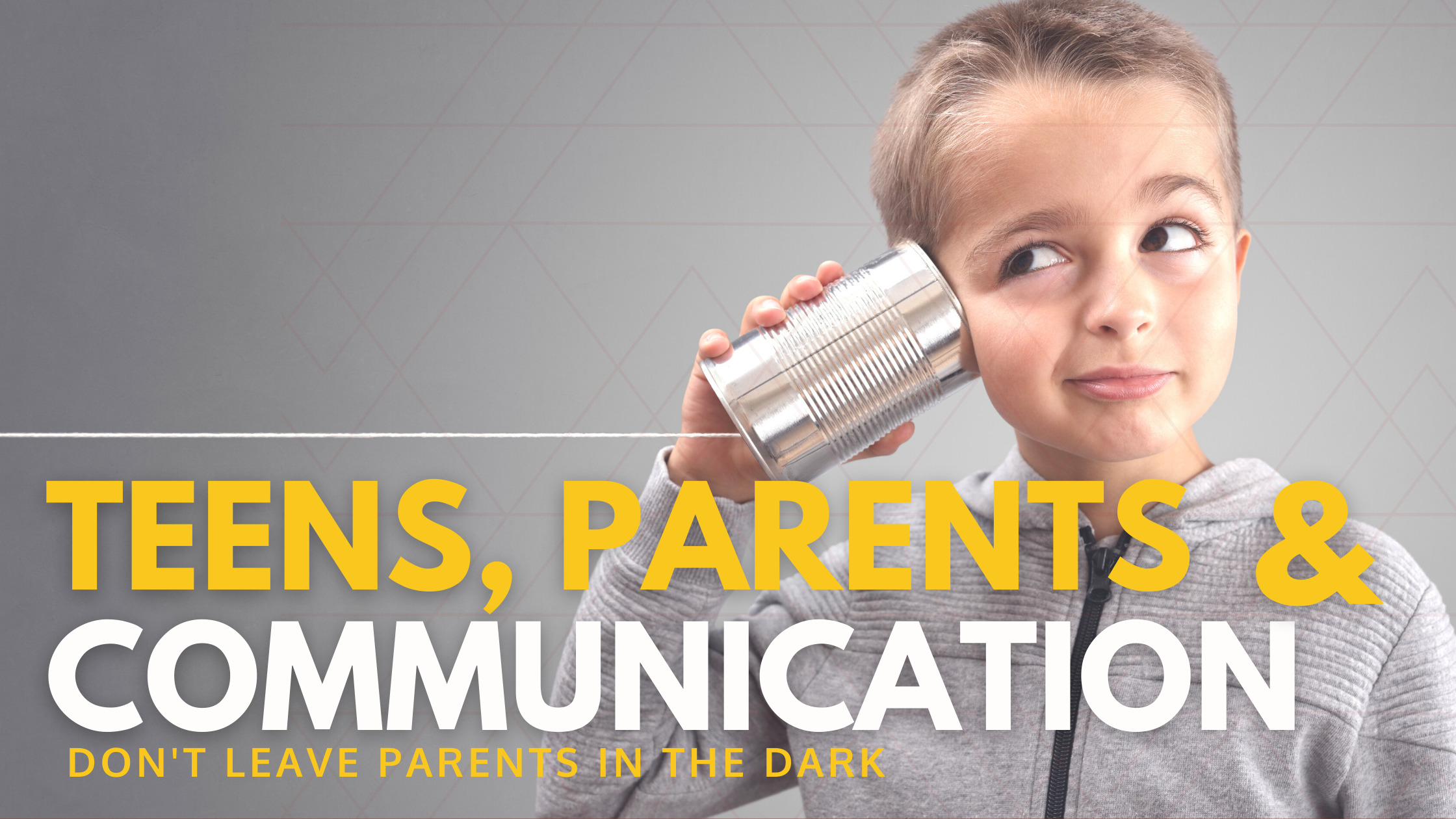You can find the Making Sense of Ministry podcast on all major platforms including Spotify, Apple Podcast, and Audible. In today’s conversation, Heather and Joel Pancoast from Gator Wesley join us to discuss serving in ministry alongside your spouse. If you are married and in ministry, this is an excellent episode for you. Resources MentionedYouth & Children’s Ministry Job BoardYouth […]
Author Archives: Brian Lawson
Getting Young People To Engage Scripture & Ministry Of Presence | Season 3: Episode 3
You can find the Making Sense of Ministry podcast on all major platforms including Spotify, Apple Podcast, and Audible. Do you struggle to get young people to engage with Scripture? Have you ever considered the impact of the ministry of presence? In this episode, Kirsten and Brian invite Joel Lusz from Suntree United Methodist Church into a conversation […]
Insider Secrets – Landing Your Next Ministry Role | Season 3: Episode 2
You can find the Making Sense of Ministry podcast on all major platforms including Spotify, Apple Podcast, and Audible. Are you searching for your next ministry role? Or perhaps you might be in the near future? In this episode, Kirsten and Brian invite Maresi Brown into a conversation around how to land your next youth or children’s ministry […]
That Happened At Church: Great Feedback
Feedback can be difficult. Now just imagine receiving that feedback in front of all your students. Listen as Josh shares a little about his recent experience.
Four Reasons Your Student Are Not Connecting
Do your student struggle connecting with one another? Could that be hindering their faith development? Here are four reasons why and what you can do about it.
Teens, Parents, and Youth Ministry Communication
Teenagers tend to naturally leave their parents in the dark. Should we do the same as Youth Ministers? And how important is parent communication? When I was growing up in youth ministry (in the ’90s), my parents were both very involved in my youth programing. My mom was the snack lady and my dad was […]
Meh or Memorable: Welcoming Sixth-Graders Well
As a kid, church was a normal part of my life. During the week, I can remember attending children’s choir practice. I remember children’s church on Sunday mornings. I remember Easter egg hunts at the pastor’s house, and Christmas plays in the sanctuary. Mostly, I remember being one of the rising sixth-graders anxiously awaiting the […]
Leading With Compassion and Curiosity | Season 2: Episode 3
In this episode, Josh French from Cokesbury United Methodist Church shares how a tragedy in his life lead him to become a better leader through compassion and curiosity. Resources Mentioned Youth Ministry CertificationYouth or Children’s Ministry CoachingBook – Experiencing Grief Join Our Facebook GroupSubscribe To Content Filled EmailsFind the Youth Ministry Institute on Facebook, Instagram, Twitter, or Linkedin.Find Brian on Facebook, Instagram, Twitter, or Linkedin.Find Kirsten on Facebook, Instagram, or Linkedin. Support […]
Making Change In Ministry
You know the urge. You look around the youth room, your program, or even the team and think – I really need to make changes. But should you? How do you properly time change in ministry? A Change of Photos When I started in my position, nearly four years ago, I remember walking into the […]
Engaging The Talents Of Teens
Have you ever thought that ownership and talents go together? Perhaps the teens in your youth group are just looking for a place to use their talents. And I wonder, could talents be a key to their faith? If your youth group is anything like mine, you’ve got a hodge-podge of teens with various gifts, […]










